Week in the life at The Gate: Fifth Avenue

For the fifth segment of MSQ’s ‘Week in the Life’ we’ve gone stateside, as we hop across the pond to visit our New York office located amongst the hustle and bustle of Fifth Avenue. The team give you the inside scoop on their go-to caffeine pit-stops and museums around MSQ’s Manhattan HQ; if you’re looking for some spots to live like a true New Yorker, keep reading…
Monday
Let’s start the week the only way we know how in the City That Never Sleeps: with a big ol’ cuppa Joe. Today’s comes courtesy of Ralph’s Coffee, it’s only right that we take the world’s most fashionable street in its stride by indulging in a designer beverage. Being just around the corner from the office, it’s a certified winner when it comes to fuelling the week ahead.
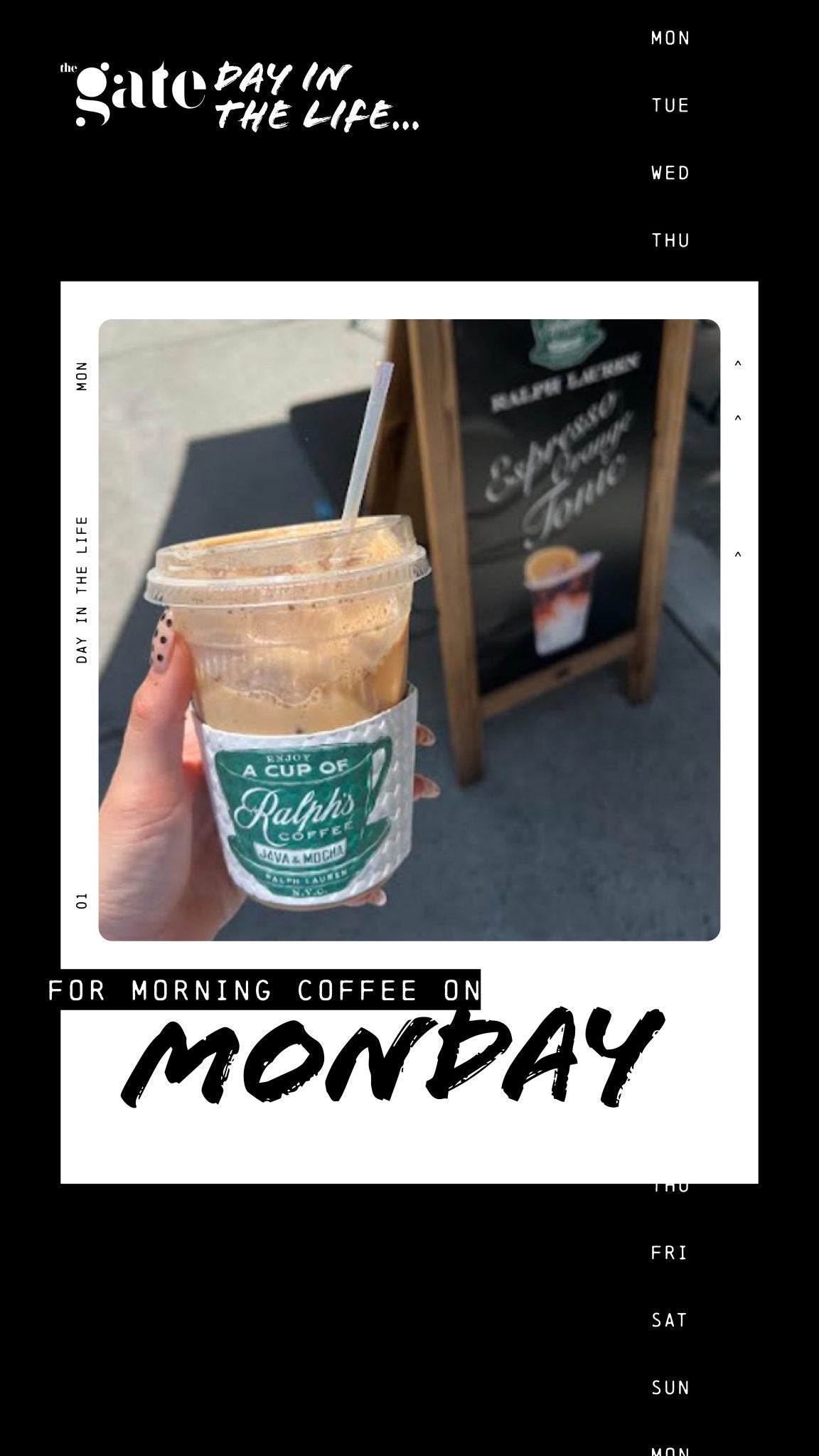
Tuesday
Nothing says ‘daily dose of inspiration’ like a post-work stroll through the Oculus and City Hall Park on a bright summer’s eve downtown. This culture-hub of a city hits different when you’re taking in the (sort of) fresh air of Manhattan and getting in your steps for the day is a bonus.
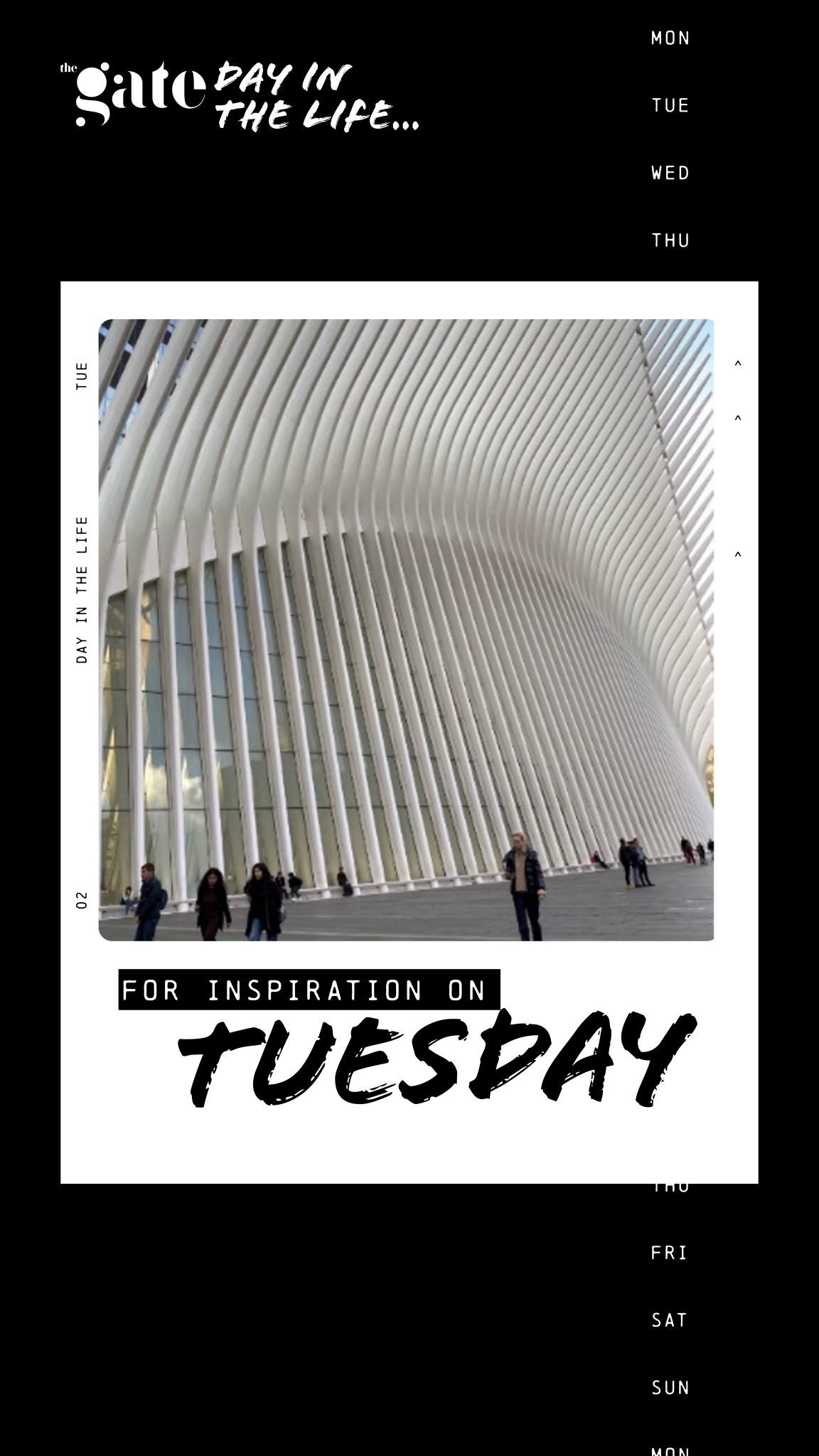
Wednesday
To get some mid-week focus time away from the office, today we ventured on an OOO trip to Regal Cinemato conduct some vital research as part of our summer intern project.
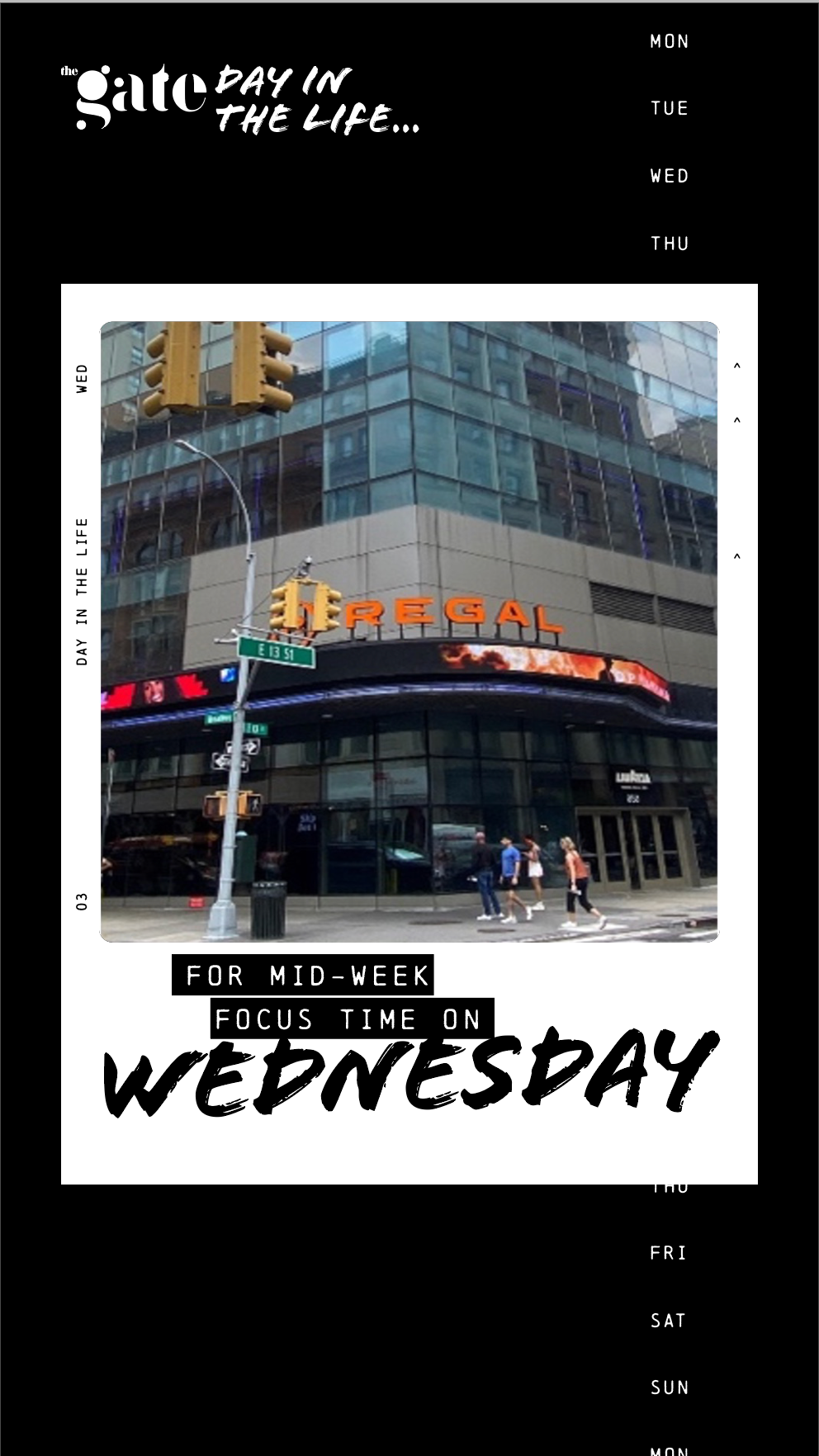
Thursday
What better place to absorb creativity and learn new things than a bookstore? We’re lucky enough to have one of NYC’s finest independent ones down the road: Strand Bookstore. And no learning trip is complete unless its fuelled by Joe and the Juice‘s famous Tunacado sandwich, obviously.
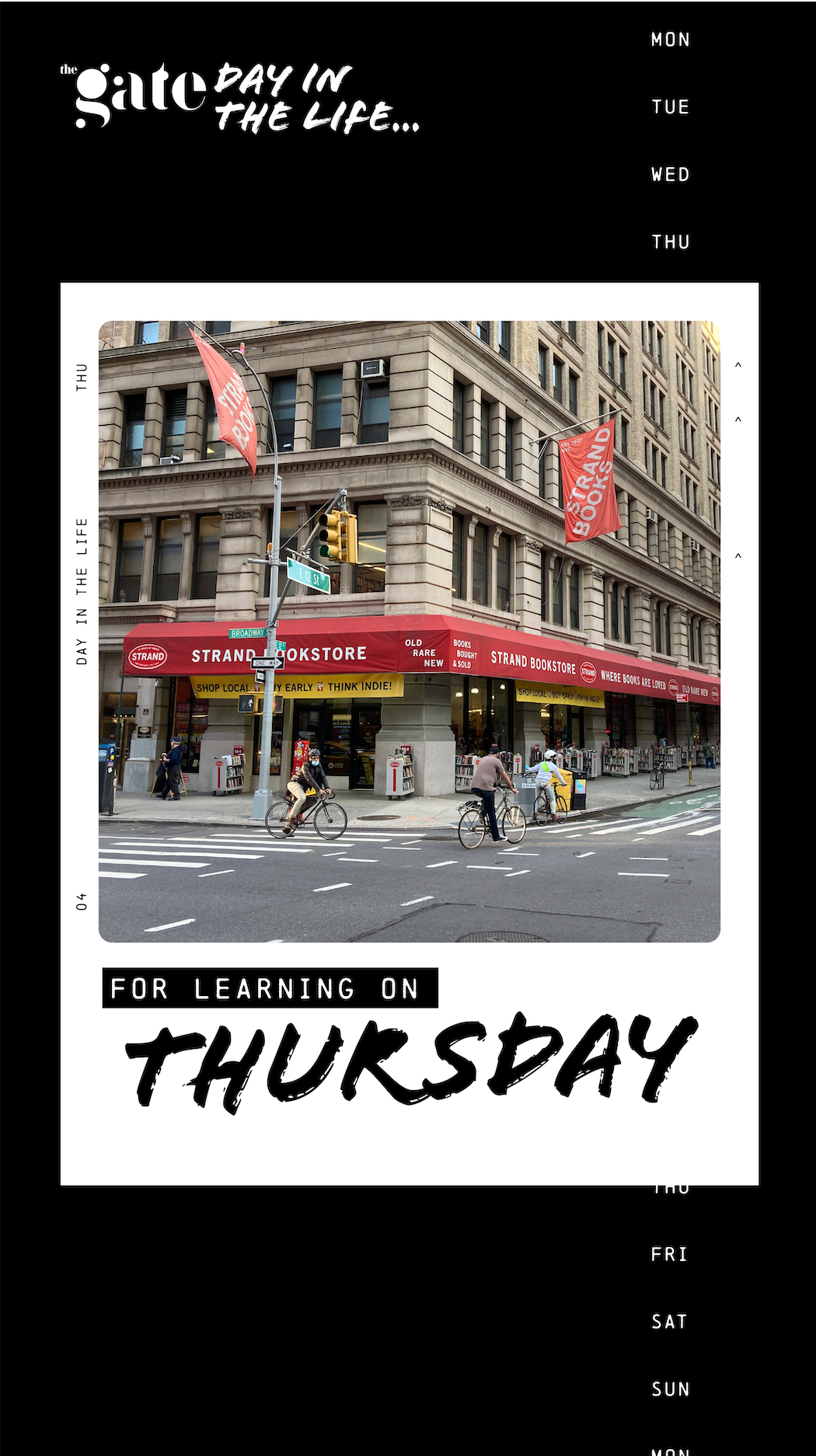
Friday
Fridays in Manhattan done right: Asian cuisine in one of the most multi-cultural places on Earth, washed down with a Long Island or two at Chinese Tuxedo.
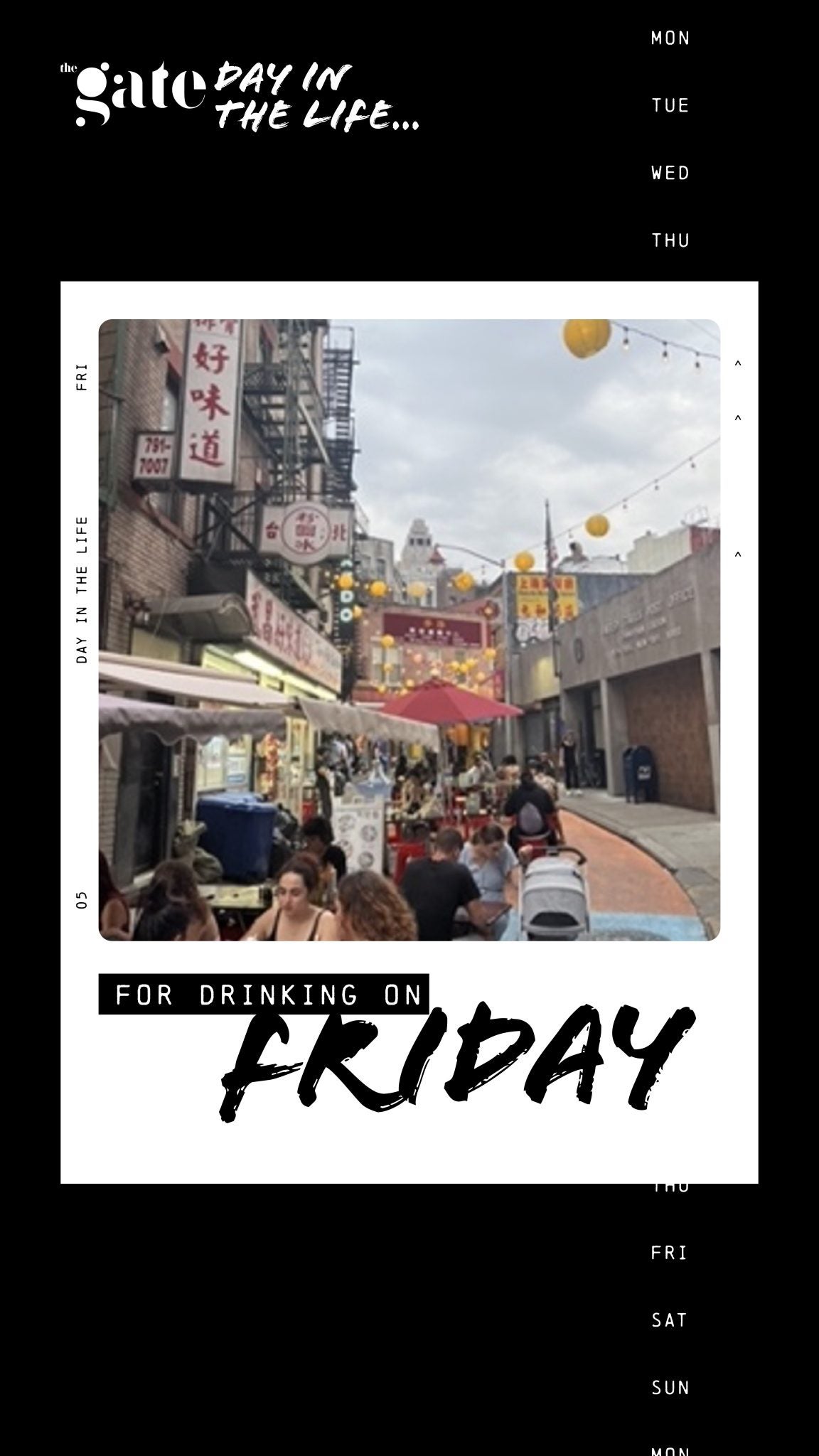
Saturday
It is physically impossible to get bored when you’re living an Empire State of Mind, and sometimes you just have to spend your weekend soaking in the culture of the city in the most traditional of ways, especially when there’s a Karl Lagerfeld exhibition in town. Today the Met and and Central Park were calling, and we picked up.
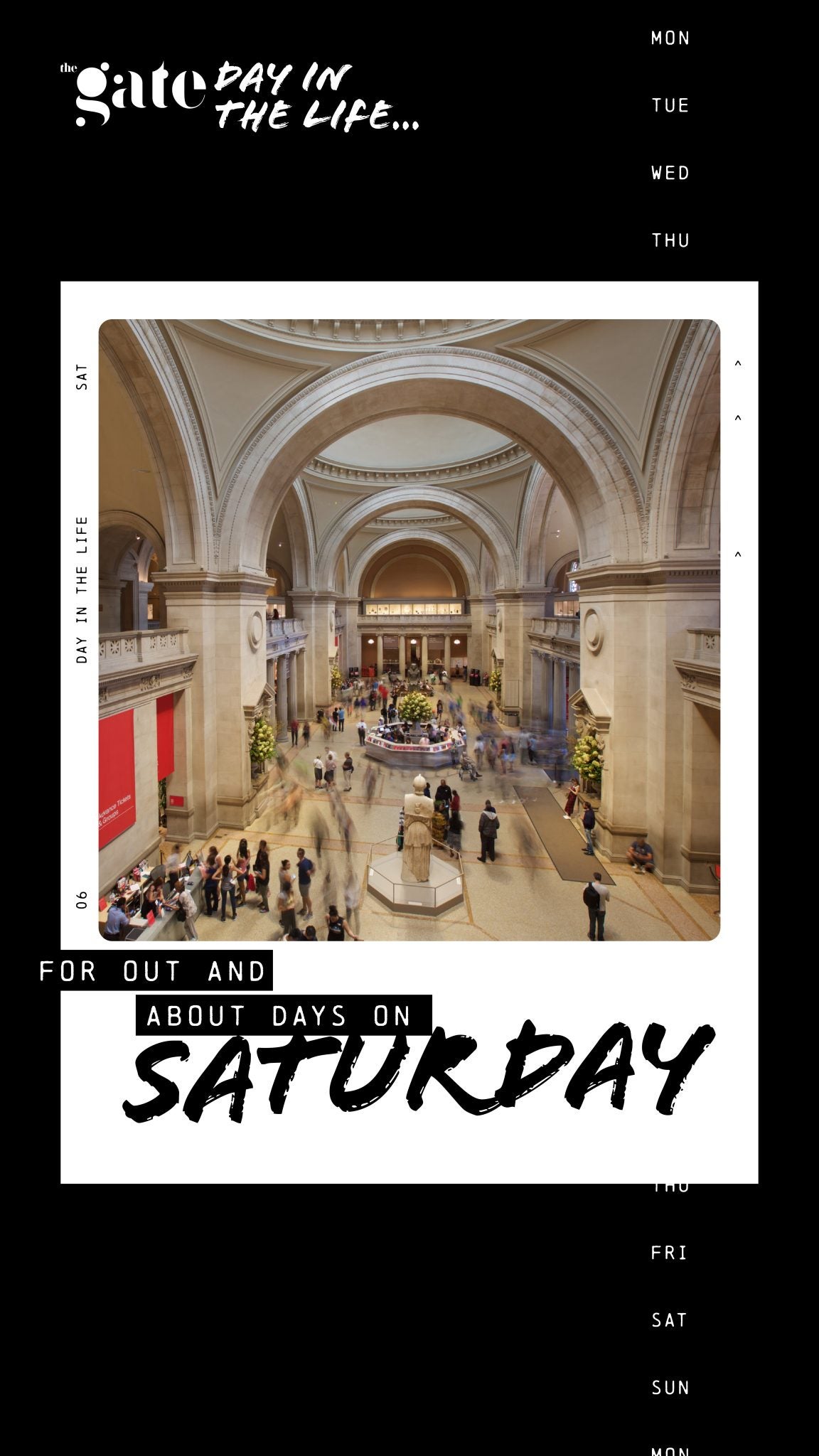
Sunday
Rounding off the week with some sporting action: by unwinding on Sunday with a trip to Yankee Stadium to watch the Yankees take on the Orioles. A giant pretzel and foam fingers are a must to live the full experience.
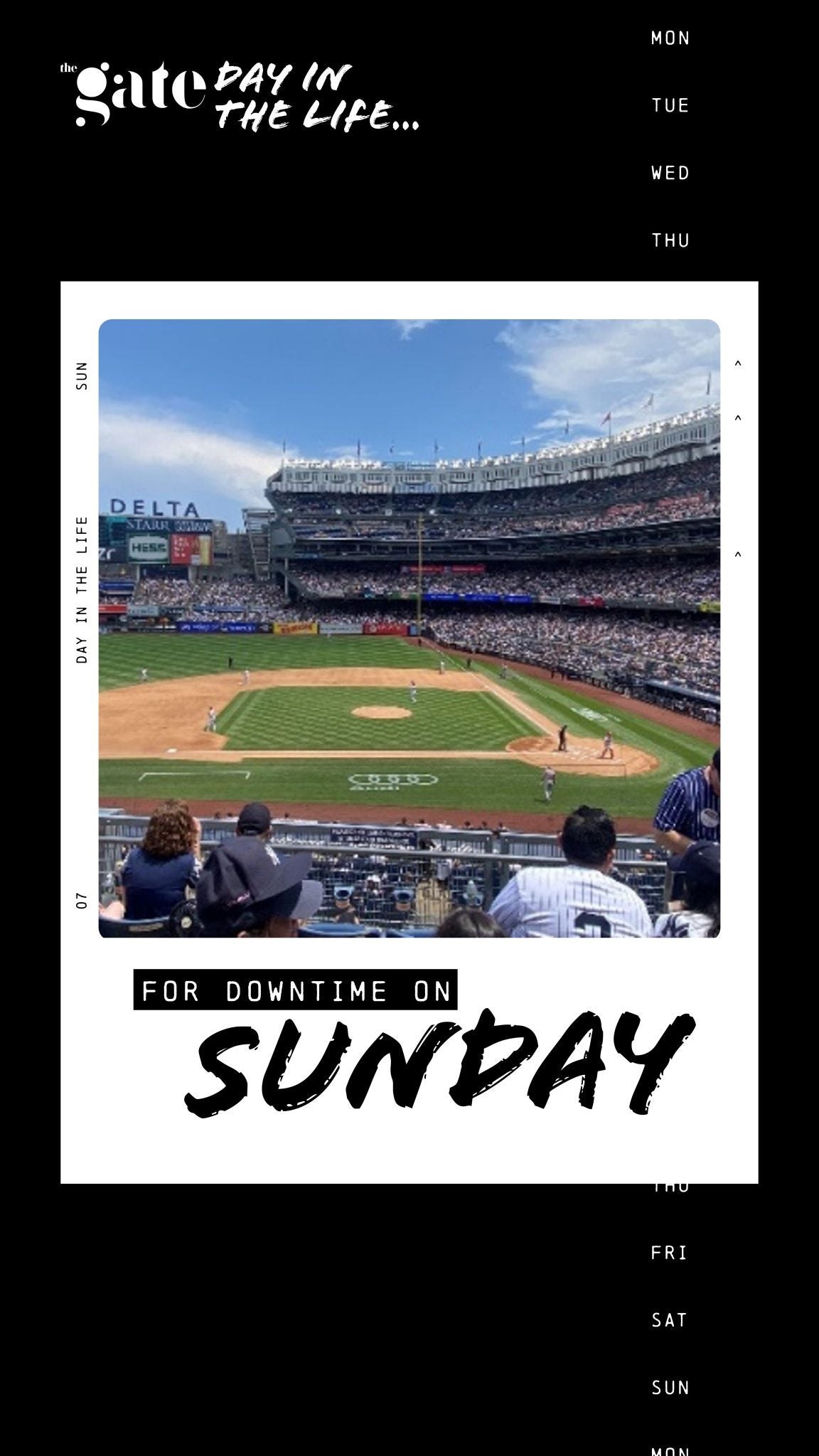
Further reading



